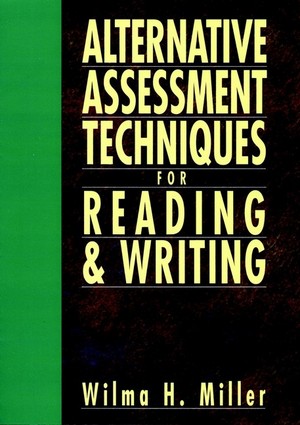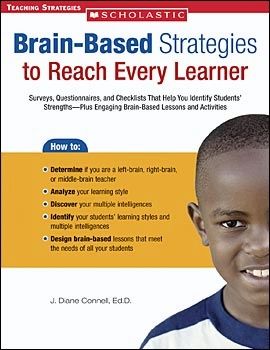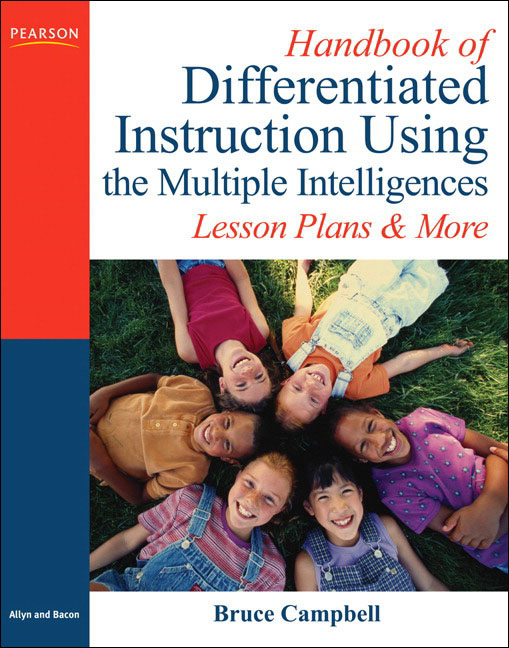How to Close the “Achievement Gap” in Los Angeles Schools
Mary Morrison, American Renaissance, August 17, 2012
Each year, we teachers in the Los Angeles Unified School District (LAUSD) are excitedly told about “breakthroughs” in “new” teaching methods that are “brain-based,” “research-based,” “data-based,” and/or “standards-based” and that will, once and for all, close the achievement gaps between blacks and Hispanics, and Asians and whites.
These “breakthroughs” are imparted to us every other Tuesday, throughout the school year, in mind-numbing “professional development” sessions. All teachers are required to attend. I’m lucky: I don’t teach in one of the schools with the lowest scores, where teachers have to meet every week for professional development, or “PD.” These sessions are led by education theorists and professional trainers who usually work in district headquarters, far away from children and classrooms.
I don’t know a single teacher who does not dread and despise these so-called “PD-days.” At the first meeting in September we are invariably told that the teaching methods we learned the previous year aren’t working. Test scores have not improved, so we are to “toss out any and all manuals” we may have lying around, and to get ready for everything to change.
The instructors frequently warn us what will happen if our students’ scores don’t improve, and if the achievement gap isn’t narrowed: There could be a “state takeover,” or “charter organizations” could come in and run our schools. In either case, the entire school staff, top to bottom, could be fired or transferred. The latest threat comes from the LAUSD board of trustees, which wants to eliminate teacher seniority and implement “merit-based pay” that would tie our salaries directly to test scores.
PD cuts into class time, so on PD days students get two hours less instruction. Such days are known, with no apparent sense of irony, as “minimum instructional days.” Students are dismissed at noon — that is, if they bother to show up at all, since attendance is usually low. On “minimum instructional days,” class time is cut from 50 minutes to 30 minutes or less, so the bell schedule is different. Confused students and teachers mill around, trying to remember where they are supposed to be, and in the chaos little or no teaching takes place. Many students wander the campus, hang out in the football stadium, or walk out the front gate after they’ve eaten their free breakfast.
There is even more intensive “professional development” that takes place off-campus, while a substitute teacher covers my classes for four, five, or on one occasion, seven days. There is a bewildering variety of these programs, each with an acronym and pompous title. Here are just a few:
ACE (Accelerated Cooperative Education), CAP (Comprehensive Assessment Program), training in how to use DIBELS (Dynamic Indicators of Basic Early Literacy Skills), IMPACT Training (Individuals Making Positive Assertive Choices Together), PHBAO Training (Predominately Hispanic, Black, Asian and Others), CTEL (California Teachers of English Learners), CLAD (Cross-Cultural Language and Academic Development).
There are plenty more, and most are known only by the acronym. That means I am told I am going to get ACE training, for example, without a clue as to what ACE stands for until I get there. These sessions are held at hotels, closed schools, community centers, or church meeting rooms. Sometimes I must drive to obscure locations in dicey parts of Los Angeles to get to them.
They always start with an hour or two of silly “getting-to-know-you” games. One began with a tug-of-war, and then proceeded to a “blind walk,” where one teacher led a blindfolded teacher around, supposedly to build trust. Next, we were matched with someone according to our favorite day of the week and according to the results of a personality test we had taken. We were supposed to cozy up to a “camp fire” — blankets thrown over half a dozen flashlights — and confide our innermost thoughts and feelings to each another. Often a school administrator lurks nearby, noting if anyone lacks enthusiasm for this silliness.
Workshops, training sessions, and professional development are mainly about how to teach the majority of LAUSD students, who are “of color:” non-English speakers who enter school two grade levels below whites and Asians of the same age. Asians are not white but are not exactly “of color” either, since they do well in school.
In these sessions we invariably learn that in order to teach students effectively we must foster “trust.” To do so we must have “compassion, sensitivity and understanding,” and acknowledge our students’ “cultural authenticity.” This is because they will not learn from teachers they see as “hostile to their reality.” Most of the people who run these sessions have never taught a class in their lives but believe me, the LAUSD is deadly serious about this stuff.
In these PC-heavy sessions, any mention of IQ or racial differences would be heresy. Educational dogma requires that we must never question the following:
1. IQ is meaningless. (I would note that IQ testing has been banned in California schools since the 1970s because blacks score badly on them. Therefore, there are no objective measures for who should be in gifted or special-education classes.)
2. All students have equal potential to succeed — and this even more cuckoo than it sounds. This does not mean simply that students of all races should get the same average score. It means that, ideally, every student should do equally well. If the black or Hispanic average is low, that is because of racism, oppression, cultural differences, and textbooks in which children “don’t see anyone like themselves.” If there are white or Asian students who do not learn, it is because of poor teaching methods, run-down school buildings, or lazy and uncaring teachers — although all that holds back black and Hispanic students, too. School failure is never the student’s fault.
3. There are no racial differences in behavior, focus, or drive. Students are never to blame if they misbehave, fail to study, or can’t understand the curriculum.
4. Unequal outcomes and low test scores are strictly the fault of teachers and schools. This is why more money must be “invested” in teacher training and “professional development.”
Because of this entrenched belief that teachers are the problem, we are the ones who have to change. For three decades we have had to suffer the indignity of being berated about program after program, featuring the latest fads in pedagogy. These come straight from theorists with PhDs who work in universities or think tanks and have little or no teaching experience.
Some of these tried-and-failed schemes have been recycled, given new names, and reintroduced as the latest innovation. Teachers whisper to each other, “We’ve already tried that and it didn’t work.” Professional developments I have been subjected to include: Left-brain/Right-Brain Strategies, Self-Esteem, Relevance, Alternative or Authentic Assessments, Values Clarification, Critical Thinking Skills, Inventive Spelling and Writing, SLCS (small schools within schools), Rubrics, Metacognition, Tapping into Prior Knowledge, Differentiated Instruction, Gardner’s Multiple Intelligences, Learning Centers, and Multi-Sensory Education. And there are many more.
Needless to say there is a huge PD bureaucracy that gets handsome salaries selling snake oil. Some of these idiot trainers are retired administrators, hired back as “experts” or “consultants,” and who receive fat pension checks plus large stipends for teaching this rubbish. We have heard rumors that they make around $100 an hour for their worthless “services,” although I’ve never been able to verify this information, as it is a closely guarded secret. Nepotism and racial loyalty run deep in the LAUSD, so PD is a bonanza for people with the right connections.
All of this is based on deliberate blindness to the facts, but as long as educational dogma dictates that “IQ is meaningless,” the LAUSD will continue to spend millions of dollars on one program after another only to have them fail. Teachers are held accountable, never the educational theorists who believe “IQ is meaningless,” or the school board trustees — most of whom have never taught school — who approve and fund these programs despite shrinking budgets. The students are never held accountable either, but they are victims of these educational frauds just as much as we are.




















